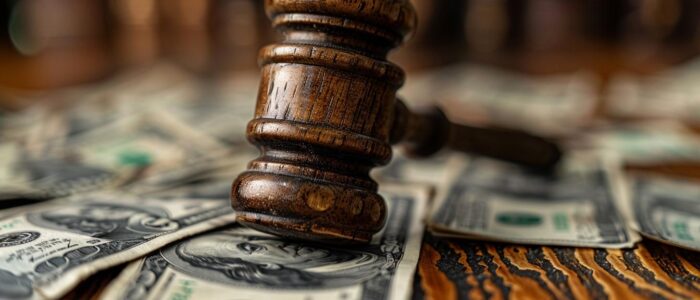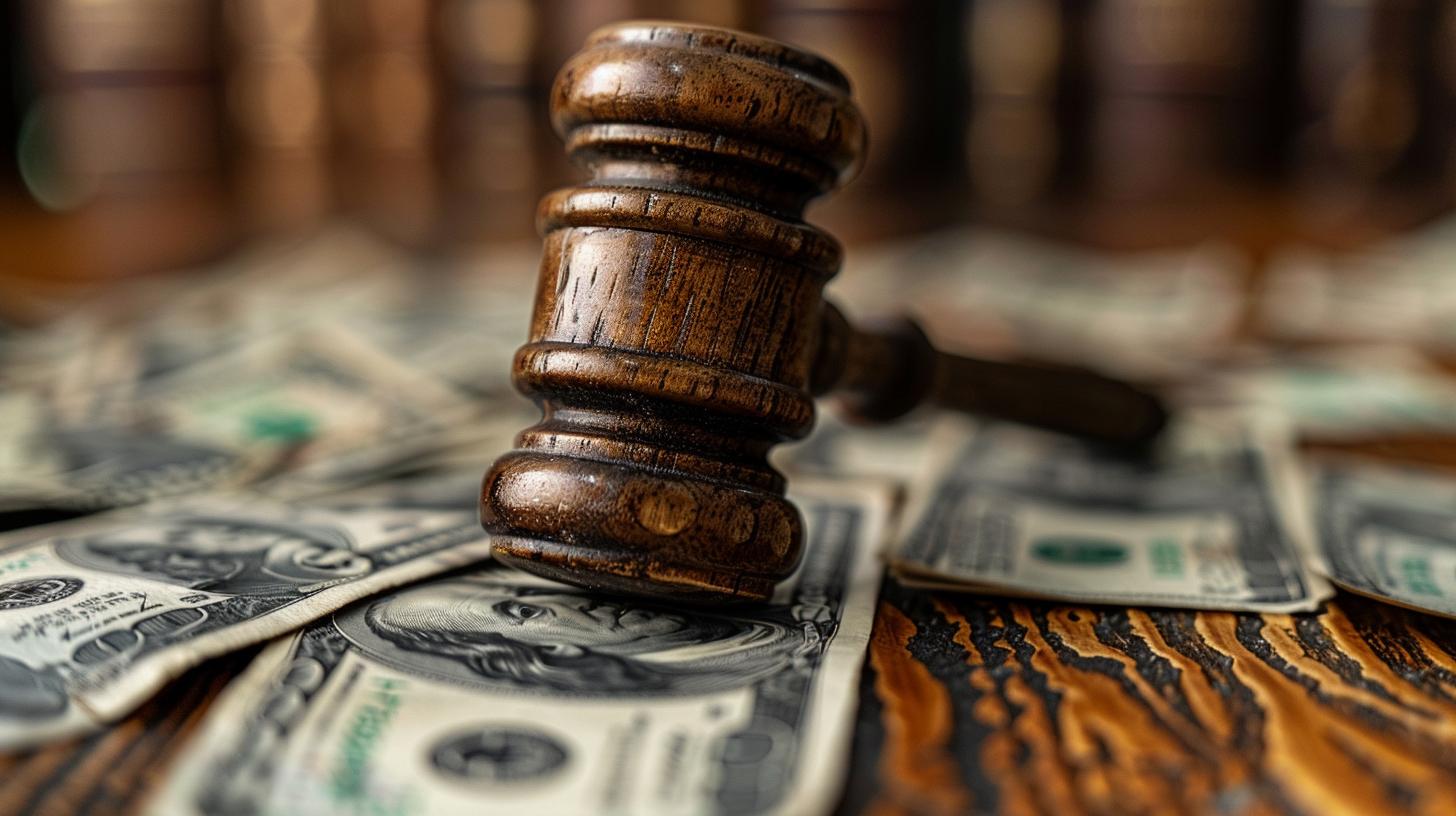Embezzlement laws and penalties in the United States vary depending on the jurisdiction. Both state and federal laws address embezzlement, with penalties that may include fines and imprisonment. Understanding the differences between embezzlement and other white-collar crimes is crucial for a strong defense.
Understanding Embezzlement
Embezzlement is a serious crime that involves the misappropriation of funds or property entrusted to someone for safekeeping.
Definition of Embezzlement
Embezzlement occurs when a person intentionally takes money or property for personal gain, in violation of their duty to oversee those assets.
Types of Embezzlement
- Employee Embezzlement
- Corporate Embezzlement
- Government Embezzlement
Elements of Embezzlement
For embezzlement to occur, several elements must be present:
- The defendant must have been entrusted with the funds or property.
- The defendant must have acquired ownership of the funds or property through their position of trust.
- The defendant must have taken the funds or property for personal use or gain.
Embezzlement Laws and Penalties
Embezzlement laws and penalties in the United States are influenced by both state and federal regulations.
Understanding the legal framework surrounding embezzlement is crucial for anyone facing potential charges.
State Laws on Embezzlement
- Each state has its own laws regarding embezzlement, outlining the specific acts that constitute this crime and the corresponding penalties.
- State statutes typically define embezzlement as the unauthorized appropriation of assets entrusted to an individual, such as an employee stealing from their employer.
Federal Laws on Embezzlement
- In addition to state laws, federal statutes also address embezzlement, especially when it involves federal funds or crosses state lines.
- Theft, fraud, and embezzlement fall under federal jurisdiction when they implicate government agencies, financial institutions, or interstate commerce.
Penalties for Embezzlement
- The penalties for embezzlement can vary depending on the amount of money or the value of property involved in the crime.
- In some cases, penalties can include fines, restitution, probation, or imprisonment, with the severity determined by the specific circumstances of the offense.
- Individuals convicted of embezzlement may also face civil lawsuits seeking compensation for the stolen funds or property.
Embezzlement vs Other White Collar Crimes
Difference Between Embezzlement and Fraud
Embezzlement involves the misappropriation of funds or property by someone entrusted with them.
Fraud, on the other hand, typically involves deception or misrepresentation for financial gain.
Embezzlement vs Money Laundering
Money laundering seeks to conceal the origins of illegally obtained money by passing it through legitimate businesses or financial institutions. Embezzlement, however, involves the theft of funds through abuse of trust.
Embezzlement vs Theft
While both embezzlement and theft involve taking someone else’s property, embezzlement occurs within an existing relationship of trust, such as an employee stealing from an employer. Theft, on the other hand, typically involves taking property without permission.
Legal Defenses for Embezzlement
When facing embezzlement charges, it is crucial to explore all possible legal defenses. Potential strategies include:
- Challenging the evidence presented
- Proving lack of criminal intent
- Claiming ownership rights
Building a Strong Defense
Building a strong defense against embezzlement charges requires thorough preparation and investigation.
Important steps include:
- Gathering relevant documentation and evidence
- Interviewing witnesses and gathering testimonies
- Working closely with legal experts
Hiring an Embezzlement Defense Attorney
For the best outcome in your embezzlement case, hiring an experienced embezzlement defense attorney is essential. Factors to consider when hiring an attorney:
- Experience in handling embezzlement cases
- Reputation and track record of success
- Clear and transparent communication
Case Studies and Legal Precedents
Notable Embezzlement Cases
Several high-profile embezzlement cases have garnered public attention in recent years.
These cases involved individuals in positions of trust and authority misappropriating funds for personal gain.
Impact of Embezzlement on Businesses
The impact of embezzlement on businesses can be devastating. Beyond financial losses, businesses may suffer reputation damage, employee morale decline, and potential legal repercussions.
Legal Precedents in Embezzlement Cases
Legal precedents in embezzlement cases help shape future legal decisions. Courts rely on past cases to establish guidelines for sentencing and determine the appropriate legal consequences for embezzlement offenses.
..


















